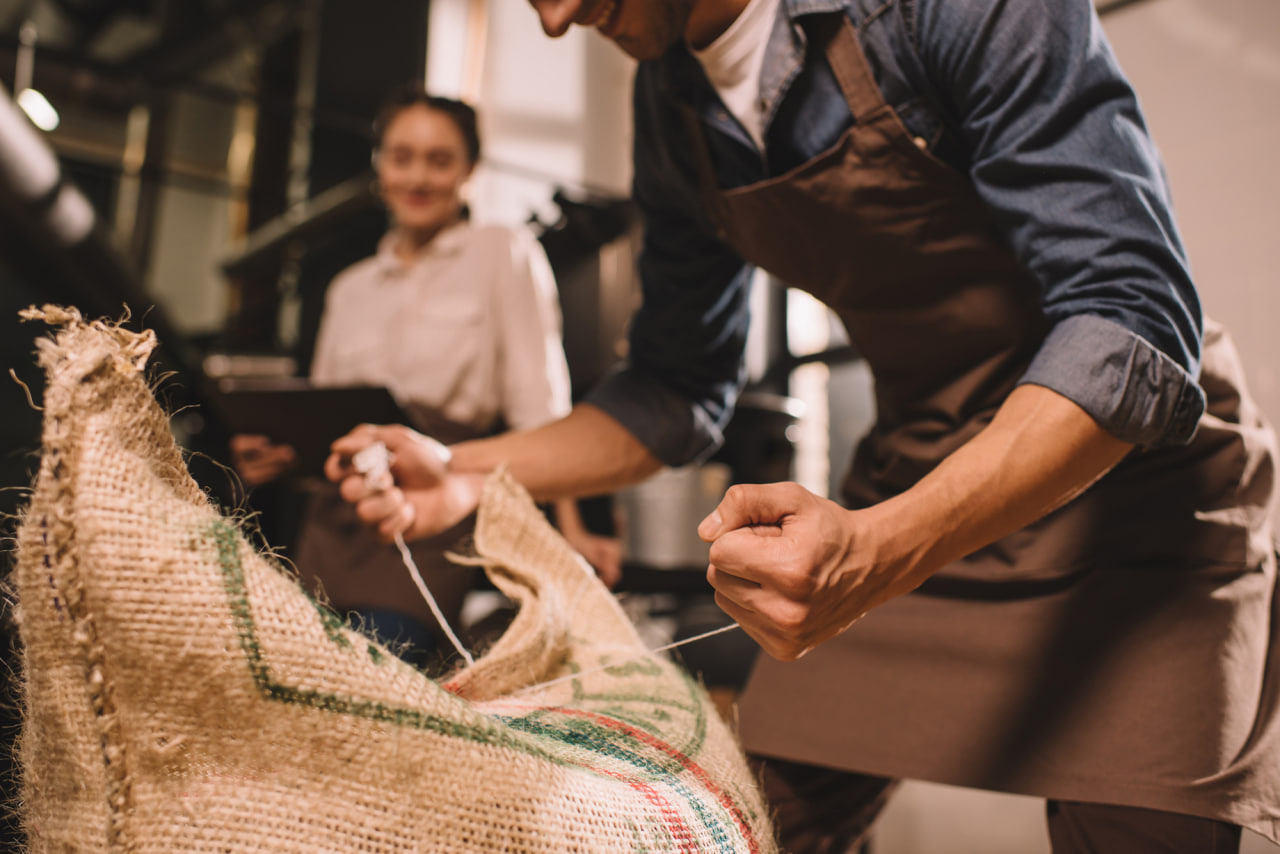Coffee begins as a personal ritual for many — a morning pour, a weekend experiment, or a growing fascination with flavor. But for some, what starts as a hobby soon turns into a calling. The leap from coffee enthusiast to professional barista isn’t just about mastering technique — it’s about understanding an industry, committing to a craft, and stepping into a role that blends hospitality, creativity, and precision.
In this article, we’ll explore what it takes to build a career as a barista, from skill development and mindset to education and long-term growth in the specialty coffee world.
The Modern Barista: More Than Just Making Coffee
Today’s baristas are not simply beverage makers — they are flavor interpreters, guest experience specialists, technical operators, and often the face of a café. In specialty coffee, a barista is expected to understand not only how to make coffee but also why each step matters.
A professional barista is:
- Skilled in various brewing methods
- Knowledgeable about coffee origins, processing methods, and flavor profiles
- Comfortable using commercial equipment under pressure
- Focused on consistency and quality in every cup
- Attuned to customer needs and able to create meaningful interactions
It’s a role that blends science and art, requiring both technical knowledge and emotional intelligence.
Building Your Foundation: Skills Every Barista Needs
Becoming a barista starts with learning the basics — not just how to make coffee, but how to do it with care, intention, and repeatable quality. Key foundational skills include:
Espresso Preparation
Understanding espresso extraction, brew ratios, grind adjustments, and how to troubleshoot shots under different conditions is essential. A barista must learn how to dial in coffee daily and adapt to changes in beans, environment, and equipment.
Milk Texturing and Latte Art
Steaming milk is both a technical and sensory skill. Beyond aesthetics, milk must be textured to the right temperature and microfoam consistency to complement espresso. Latte art shows precision and control — and enhances the guest experience.
Manual Brewing
Pour over, AeroPress, Chemex, and batch brew require understanding of water chemistry, grind size, and flow rate. Manual brewing is often a gateway to deeper knowledge about coffee flavor.
Palate Development
Tasting coffee critically — identifying acidity, sweetness, bitterness, body, and balance — helps baristas serve better coffee and communicate with customers. Cupping and sensory training are essential parts of this journey.
Customer Service
Baristas are in hospitality. A friendly, professional, and approachable demeanor is as important as technical skill. How a customer feels in your café may define their whole experience.
Training and Education: Going Beyond YouTube
While many baristas start by watching videos and practicing at home, structured education dramatically accelerates growth. Professional training offers a foundation in both theory and technique, as well as the chance to receive feedback, ask questions, and build confidence.
Programs like those offered at Artisan Coffee School provide:
- Hands-on training with commercial equipment
- Guidance from experienced instructors
- Certification pathways recognized by the industry
- Real-world café simulations
- Networking opportunities with roasters and employers
In many cafés, certified training can improve hiring prospects and salary potential — especially in competitive or high-volume environments.
The Career Path: Where Barista Work Can Take You
Being a barista doesn’t have to be a temporary job. For those who treat it seriously, it can become a long-term and rewarding profession — or a gateway into other areas of the coffee industry.
Barista to Head Barista
With time and leadership, baristas can move into senior roles — managing coffee quality, training staff, and maintaining equipment.
Trainer or Educator
Skilled baristas with a passion for teaching can go on to train others, either within cafés or as part of professional coffee schools.
Roaster or Quality Control
An understanding of brewing and flavor often leads to roles in roasting, cupping, or green coffee sourcing — bridging the gap between production and preparation.
Café Manager or Owner
Many baristas eventually move into business roles, opening their own cafés or taking on management positions that combine coffee knowledge with operational leadership.
Competition and Coffee Events
Barista competitions like the World Barista Championship showcase innovation and excellence. Preparing for competition deepens your skills and expands your professional network.
Challenges on the Path
While the journey is exciting, it’s not always easy. The coffee industry can be physically demanding, fast-paced, and emotionally intense. Shifts are long. Equipment can fail. Customer moods vary. But for many, the satisfaction of growth, craft, and connection outweighs the difficulties.
To succeed long-term, baristas need:
- A commitment to continual learning
- A willingness to receive and apply feedback
- Resilience and self-care in a high-pressure environment
- Passion not only for coffee, but for people
How to Get Started
If you’re considering turning your coffee hobby into a career, here are some practical steps to begin:
- Work in a Café
Start part-time if needed. Real experience behind the bar is invaluable. - Enroll in a Barista Course
Find a program that offers hands-on training, industry relevance, and mentorship. - Practice at Home
Use your spare time to practice brewing, latte art, and cupping. - Read and Research
Books like The Coffee Dictionary or Craft Coffee are great starting points. - Attend Coffee Events
Tastings, expos, and workshops expose you to trends, tools, and professionals. - Ask Questions and Stay Curious
The best baristas are always learning. Be humble and open.

